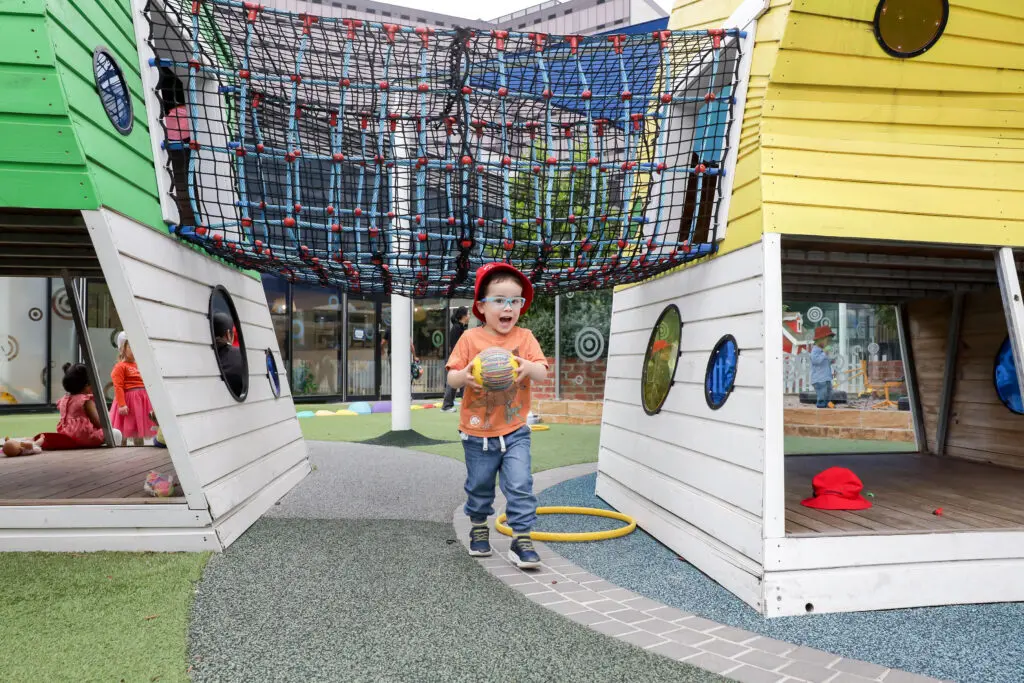
Big Feelings Explained: What’s Normal for Toddlers and Preschoolers?
If you’re raising a toddler or preschooler, big feelings can feel like part of the daily routine. One minute your child is happily playing, the next they’re overwhelmed – frustrated, upset, or completely melting down over something unexpected.
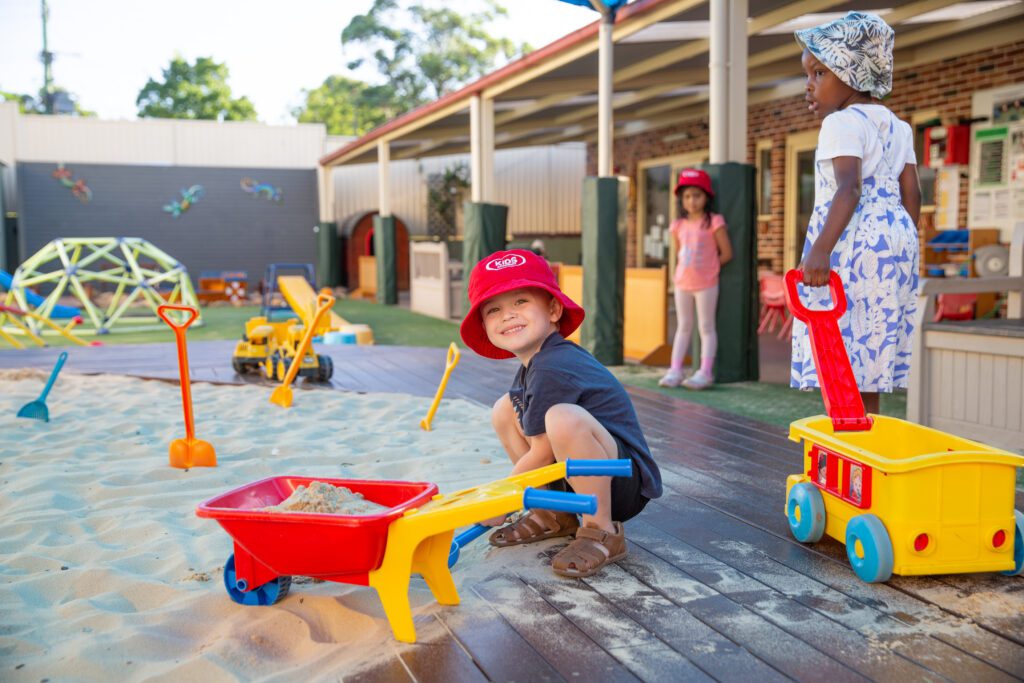
Summer Is Coming: Making Sun Safety Easy for Busy Families
Australian summers are full of fun – beach days, backyard play, park visits and long afternoons outdoors. As the warmer months approach, sun safety becomes an important part of everyday life, especially for young children whose skin needs extra care.
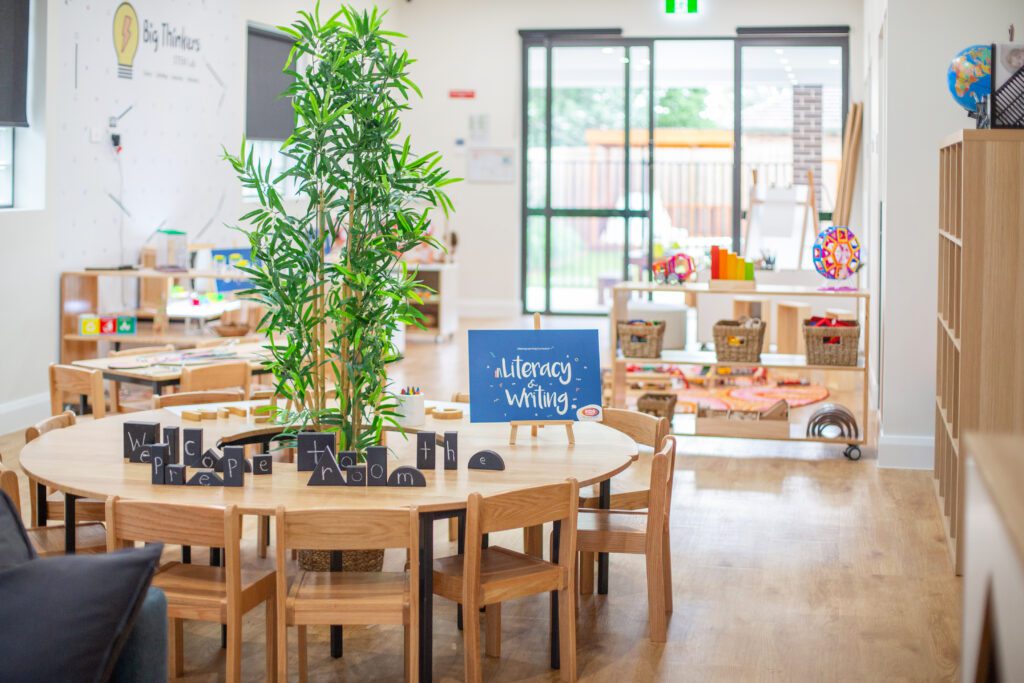
Screens & Under-5s: Finding the Right Balance in a Digital World
From video calls with grandparents to story apps and family photos on your phone, screens are woven into everyday life. For parents of young children, the real challenge isn’t avoiding screens altogether, it’s learning how to use them wisely.
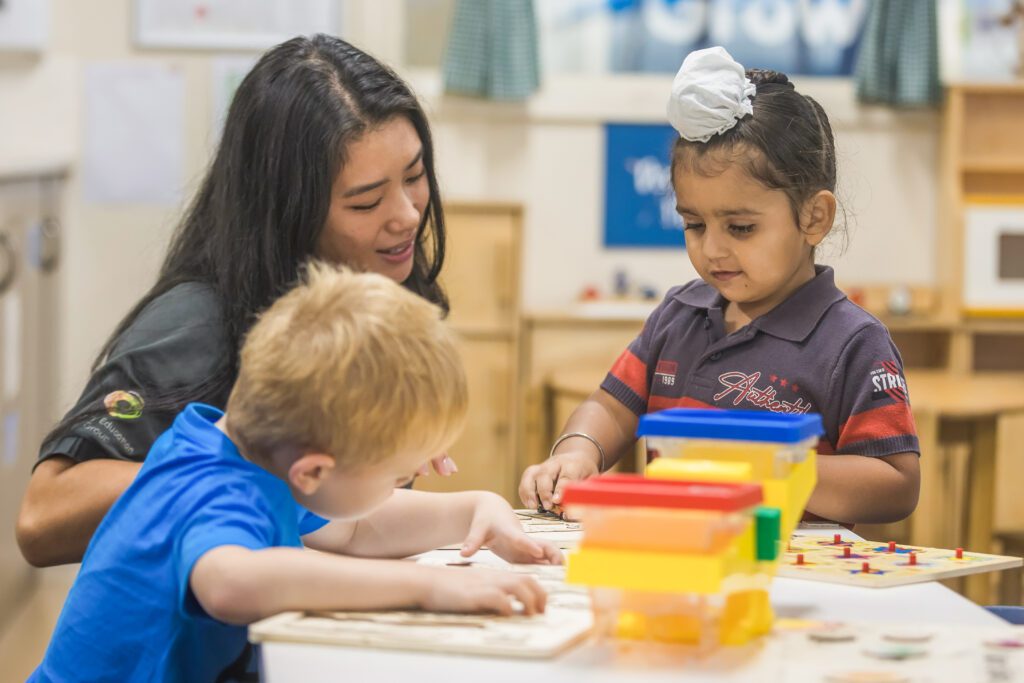
Why Two Years of Kindergarten Could Give Your Child the Best Start to School
The early years of education shape how children learn, think, and see themselves as capable learners. That’s why more families are now embracing two years of kindergarten or preschool, giving children more time to develop the social, emotional, and cognitive skills they need for a confident start to school.
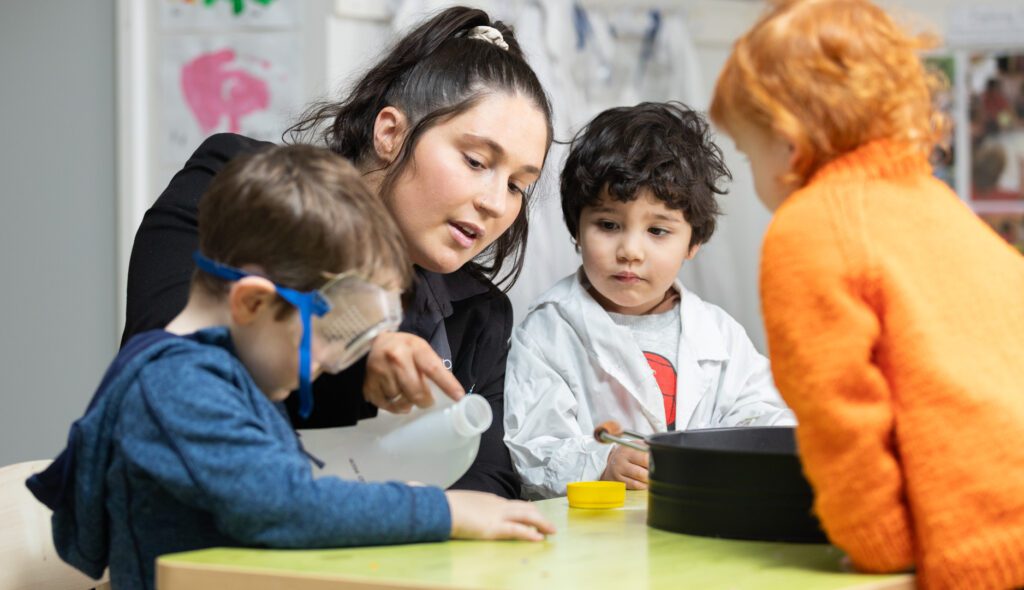
Together We Shine: Celebrating the People Who Help Your Child Flourish This Early Childhood Educator Day
At Kids Academy Early Learning, we believe that every child’s learning journey is brighter when we walk it together. As a parent, you want to know your child is in the care of educators who not only teach, but also nurture, guide, and celebrate them as much as you do.
This Early Childhood Educator Day (3 September), we’re celebrating the incredible partnership between our educators, families, and children, because together, we shine.
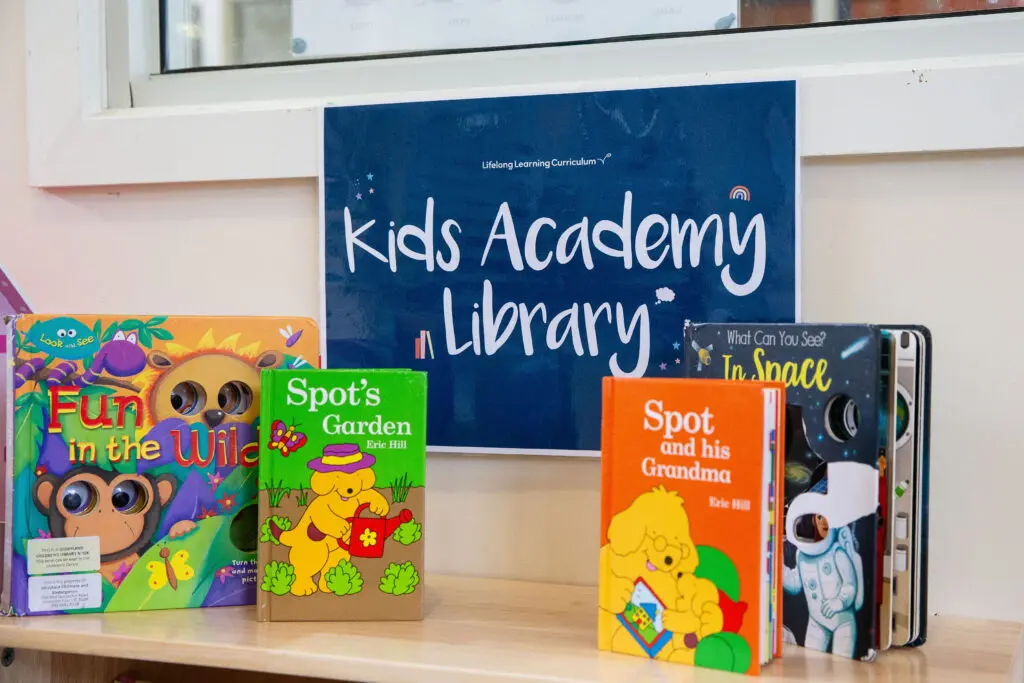
Book Week 2025: Step Into the Magic of Stories With Your Preschooler
There’s a moment, when your child’s eyes widen at the turn of a page, or when they giggle as a favourite character comes to life, that perfectly captures the wonder of Book Week.
At Kids Academy Early Learning, we believe this celebration is more than just costumes and craft. It’s about stepping into the worlds we read about, discovering new ideas, and helping children fall in love with the magic of stories.
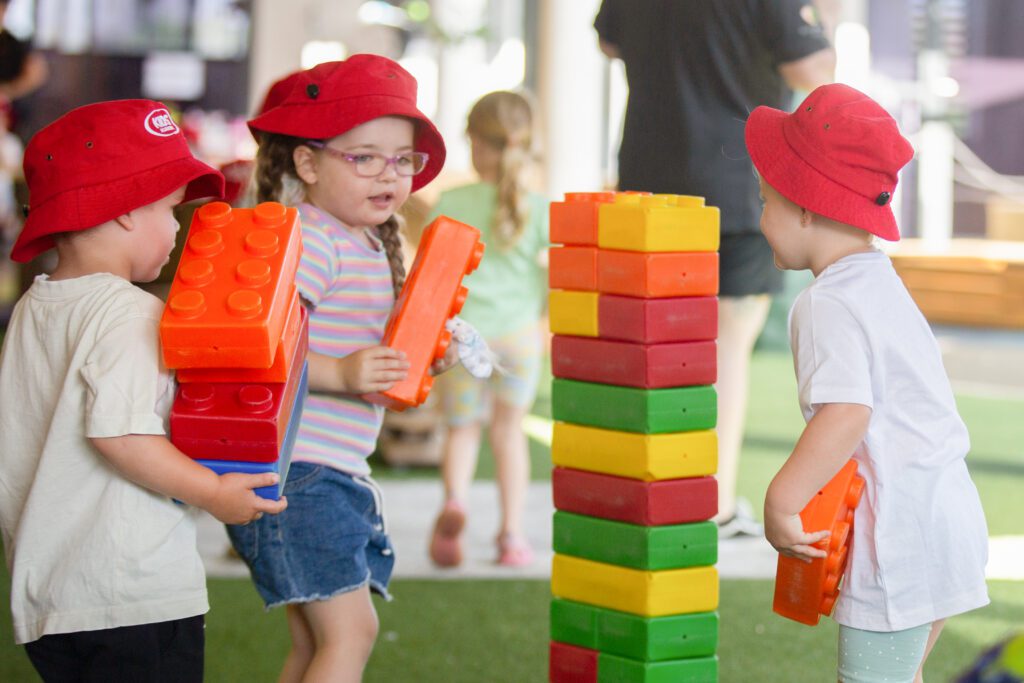
Unlocking Curiosity: How Our Youngest Learners Explore the Hidden Language of the World
Every day, children at Kids Academy are discovering more than letters and numbers, they’re learning how the world works, one question at a time.
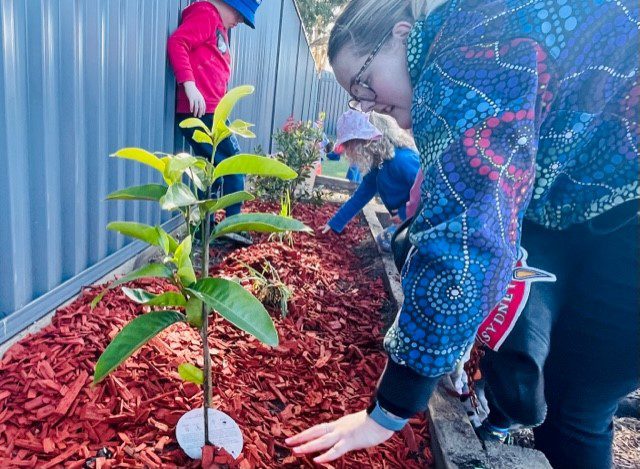
NAIDOC Week in Early Childhood: How to Celebrate with Confidence and Respect
NAIDOC Week is a national celebration of the history, cultures, and achievements of Aboriginal and Torres Strait Islander peoples. While the acronym originally stood for the National Aboriginal and Islanders Day Observance Committee, today NAIDOC Week is recognised as a time for all Australians to reflect, listen, and celebrate.
For young children, it’s an opportunity to build a genuine connection to culture, Country, and community from the very beginning.
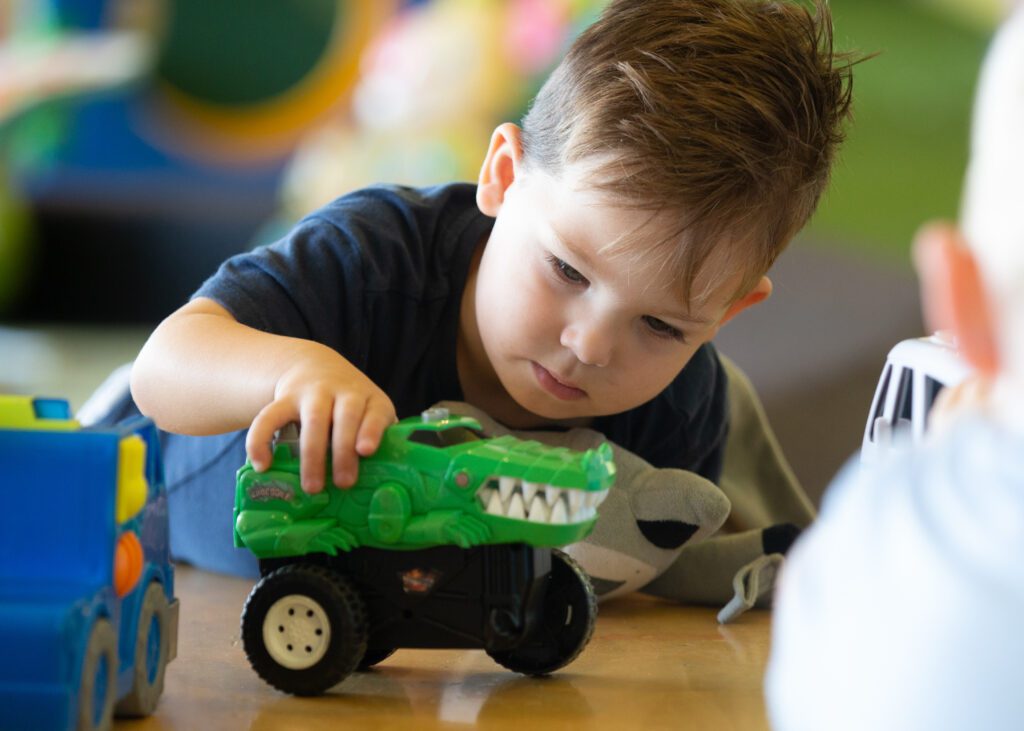
Raising Curious Kids: How to Set Up a Play-and-Learn Space at Home
There’s something magical about watching your child play with deep focus — building, sorting, chatting to their toys, lost in their own world. It’s in those quiet moments that real learning is happening. And the good news? You don’t need a fancy playroom or a house full of toys to make it happen.
At Kids Academy, our classrooms are carefully designed to spark curiosity, creativity and confidence through purposeful play. But those same kinds of learning moments can happen in your living room, too — with just a bit of thought and a cosy corner carved out just for them.
This post will help you create a simple, engaging play-and-learn space at home — without spending a fortune — using the same learning zone principles our educators use every day.
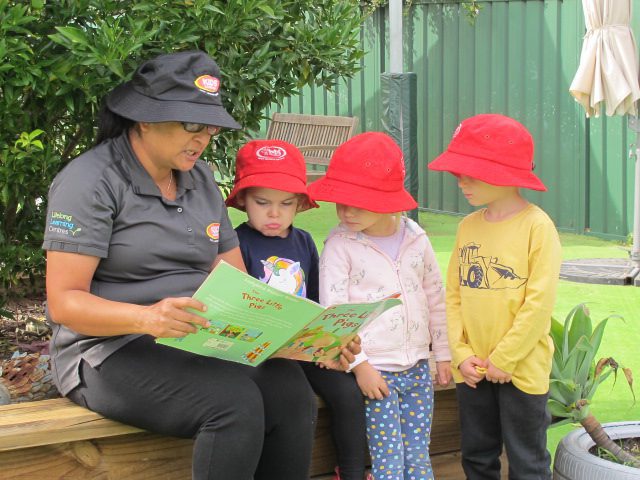
Why Reading to Your Child (Even as a Baby!) Gives Them a Head Start
From the earliest days of life, children are wired to learn. One of the most powerful — and enjoyable — ways to support their development is through reading. Whether it’s a picture book before bed, a quiet story in your arms, or a favourite tale revisited for the tenth time, reading aloud nurtures more than a love of books. It helps build the skills your child will use for life.
At Kids Academy Early Learning, we believe the foundations for future academic success and emotional wellbeing are laid in the early years. Reading with your child from birth to age five develops essential language, literacy, memory, and cognitive skills — while also strengthening your bond.